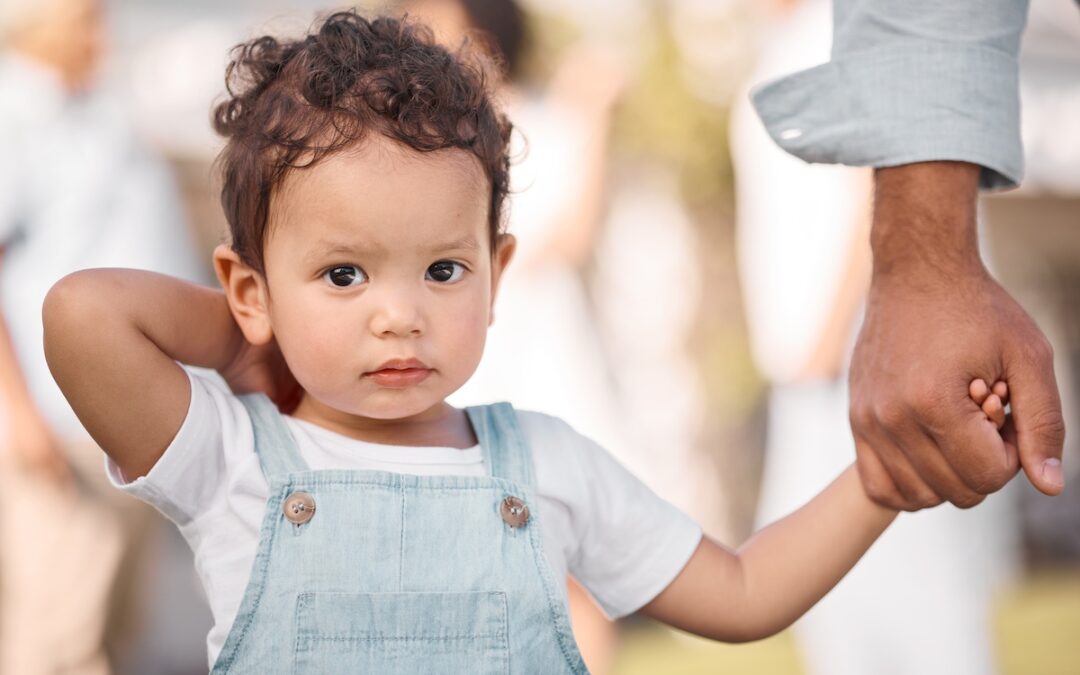In New Jersey, child custody determinations are guided by the paramount principle of the “best interests of the child.” This standard ensures that all custody decisions prioritize the child’s health, safety, and overall well-being above all else. When parents are unable to reach an amicable agreement regarding custody arrangements, New Jersey courts intervene to assess various factors meticulously, aiming to establish an arrangement that serves the child’s best interests.
Key Factors Considered by New Jersey Courts
New Jersey statutes delineate specific criteria that courts must evaluate when determining what custody arrangement aligns with the child’s best interests. These factors include, but are not limited to:
-
Parental Communication and Cooperation: The ability of parents to agree, communicate, and cooperate on matters relating to the child is crucial. Courts favor arrangements where both parents can effectively co-parent and make joint decisions.
-
Willingness to Accept Custody: Each parent’s readiness to accept custody and any history of unwillingness to allow parenting time not based on substantiated abuse are considered. A parent’s openness to facilitate the child’s relationship with the other parent is vital.
-
Interaction and Relationship with the Child: The nature and quality of the child’s relationship with each parent and siblings play a significant role. Courts assess the emotional bonds and the level of involvement each parent has in the child’s life.
-
History of Domestic Violence: Any history of domestic violence by either parent is a critical factor. The child’s safety and the safety of either parent from physical abuse by the other parent are paramount considerations.
-
Safety and Stability of the Home Environment: The stability and safety of each parent’s home environment are evaluated to ensure they provide a secure and nurturing setting for the child.
-
Child’s Preference: If the child is of sufficient age and capacity to form an intelligent decision, their preference may be considered. However, this is just one of many factors and does not solely determine the outcome.
-
Needs of the Child: The specific needs of the child, including emotional, educational, and physical requirements, are taken into account to ensure the custody arrangement supports their overall development.
-
Quality and Continuity of Education: The impact of custody arrangements on the child’s education, including the quality and continuity of their schooling, is considered. Courts aim to minimize disruptions to the child’s educational experience.
-
Fitness of the Parents: Each parent’s physical and mental fitness is assessed to determine their capability to care for the child effectively.
-
Geographical Proximity of Parents’ Homes: The distance between the parents’ residences is considered, as it affects the feasibility of the child maintaining a relationship with both parents and the logistics of custody arrangements.
-
Extent and Quality of Time Spent with the Child: The amount and quality of time each parent has spent with the child before and after separation are evaluated to understand the depth of the existing parent-child relationships.
-
Parents’ Employment Responsibilities: Each parent’s work commitments and how they impact their availability to care for the child are taken into account.
-
Age and Number of Children: The age and number of children involved are considered to address the unique needs and best interests of each child within the family unit.
The Role of Parenting Plans
When parents cannot agree on custody arrangements, New Jersey courts may require each parent to submit a proposed parenting plan. These plans outline each parent’s proposed custody and parenting time schedules, decision-making responsibilities, and other relevant considerations. The court reviews these plans in light of the best interest factors to determine an appropriate custody arrangement.
Mediation and Custody Evaluations
To facilitate amicable resolutions, courts often encourage or mandate mediation, where a neutral third party assists parents in reaching a mutually acceptable custody agreement. If mediation fails, the court may order a custody evaluation conducted by a mental health professional. This evaluation involves interviews, observations, and assessments to provide the court with insights into the family dynamics and recommendations regarding custody.
Legal Representation and Advocacy
Navigating child custody disputes requires a comprehensive understanding of legal standards and a strategic approach to presenting one’s case. Engaging experienced family law attorneys is crucial to effectively advocate for a custody arrangement that serves the child’s best interests. Legal counsel can assist in developing compelling parenting plans, representing clients in mediation, and, if necessary, litigating custody matters in court.
In New Jersey, determining the best interests of the child is a multifaceted process that considers various factors related to the child’s welfare and the parents’ circumstances. Courts strive to establish custody arrangements that promote the child’s happiness, security, and development. For parents navigating this complex terrain, understanding these factors and seeking proficient legal guidance is essential to achieving outcomes that truly reflect the best interests of their child.
Looking for Child Custody Attorney in New Jersey?
Other Posts:

